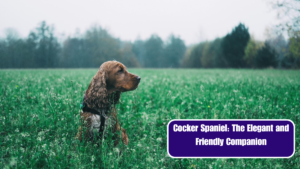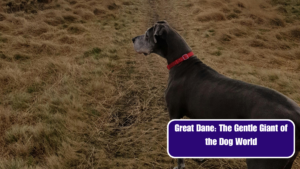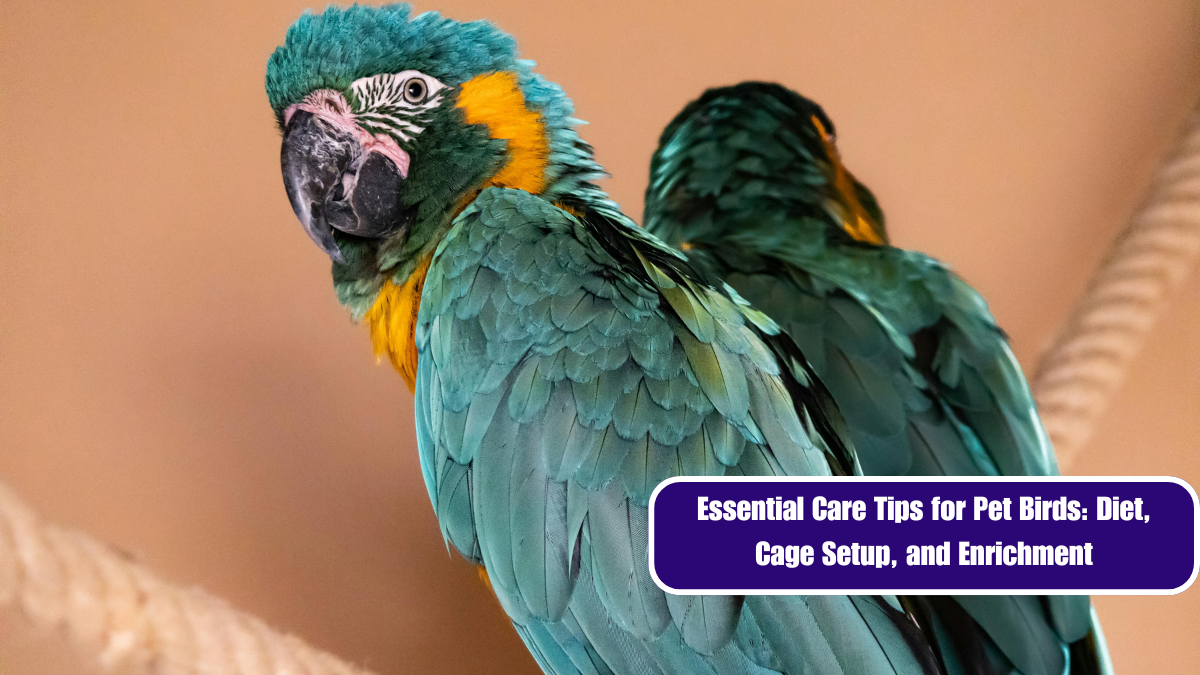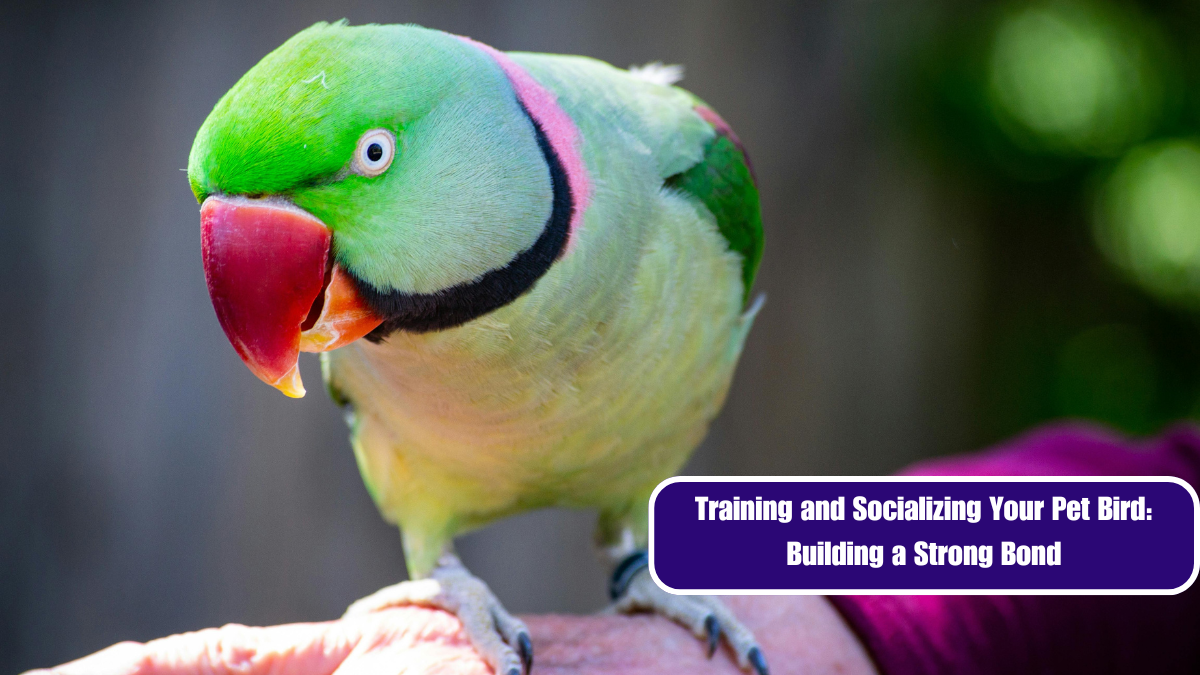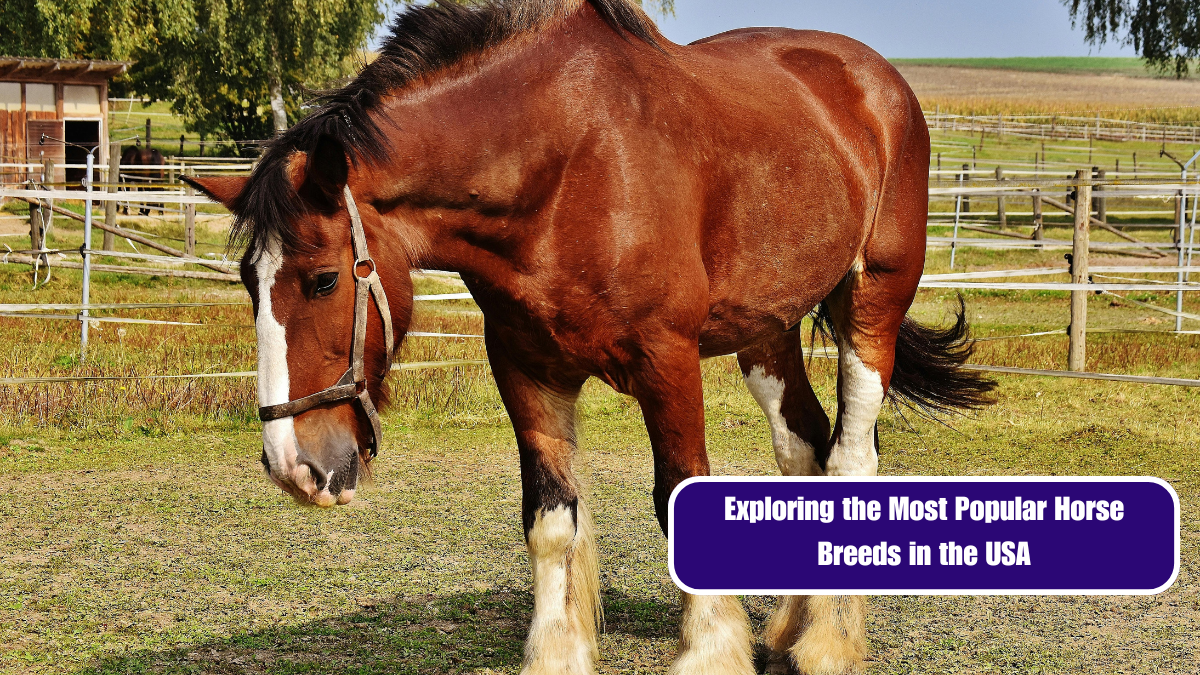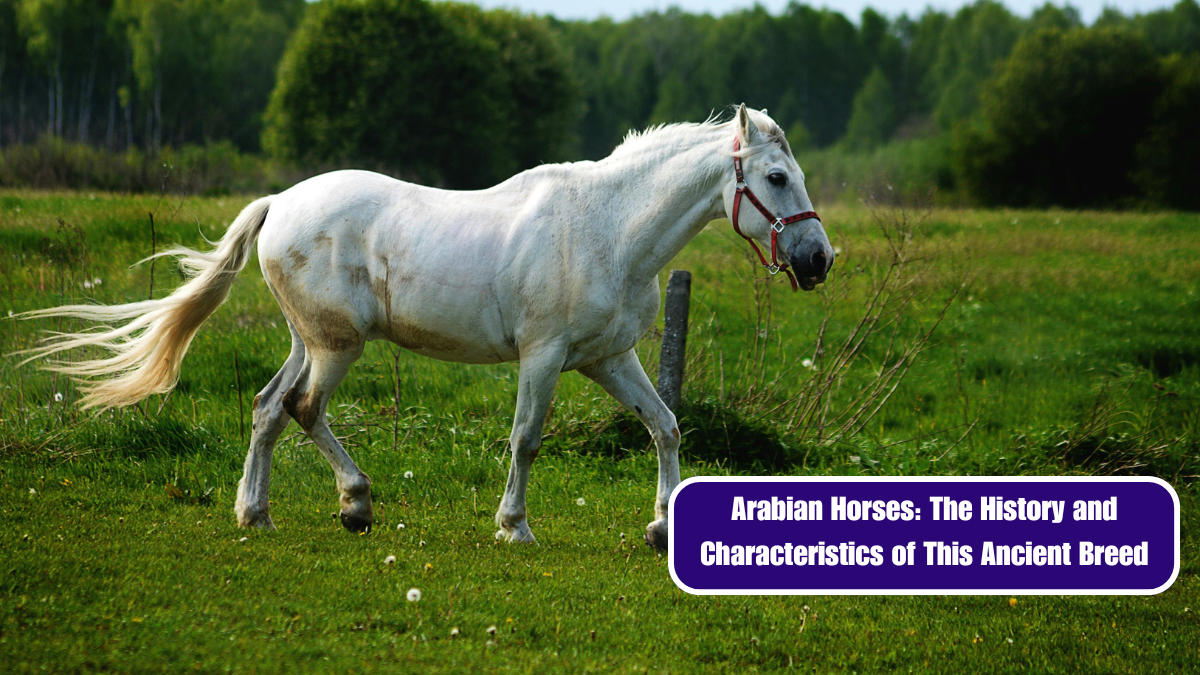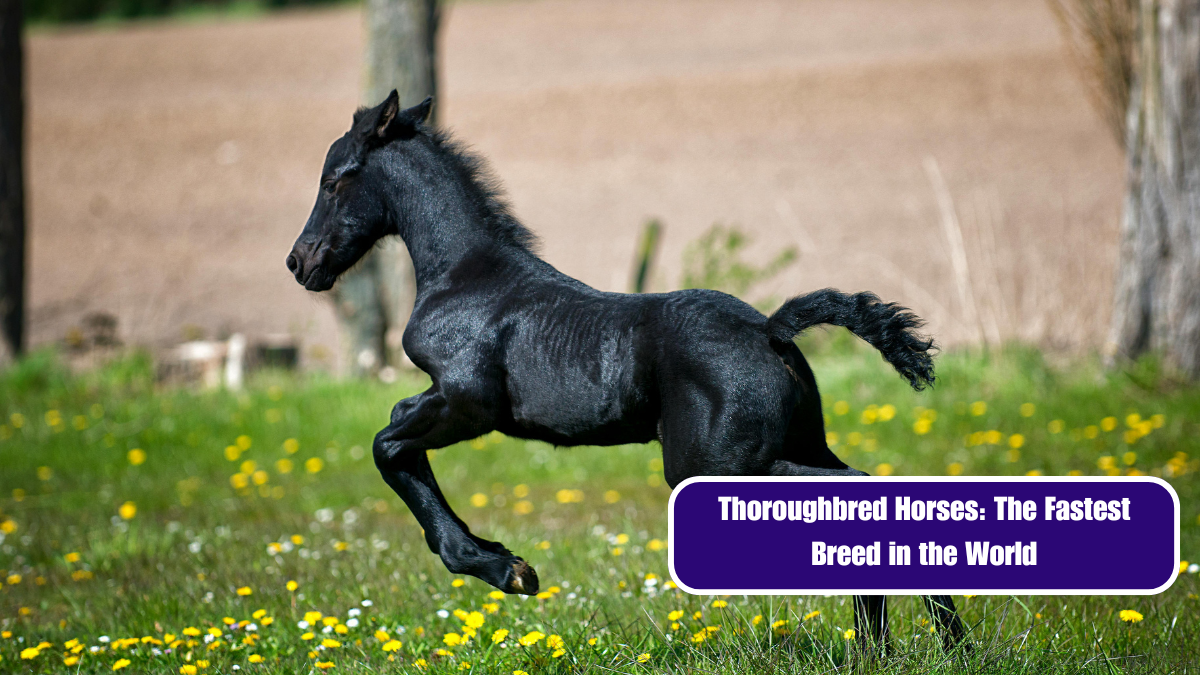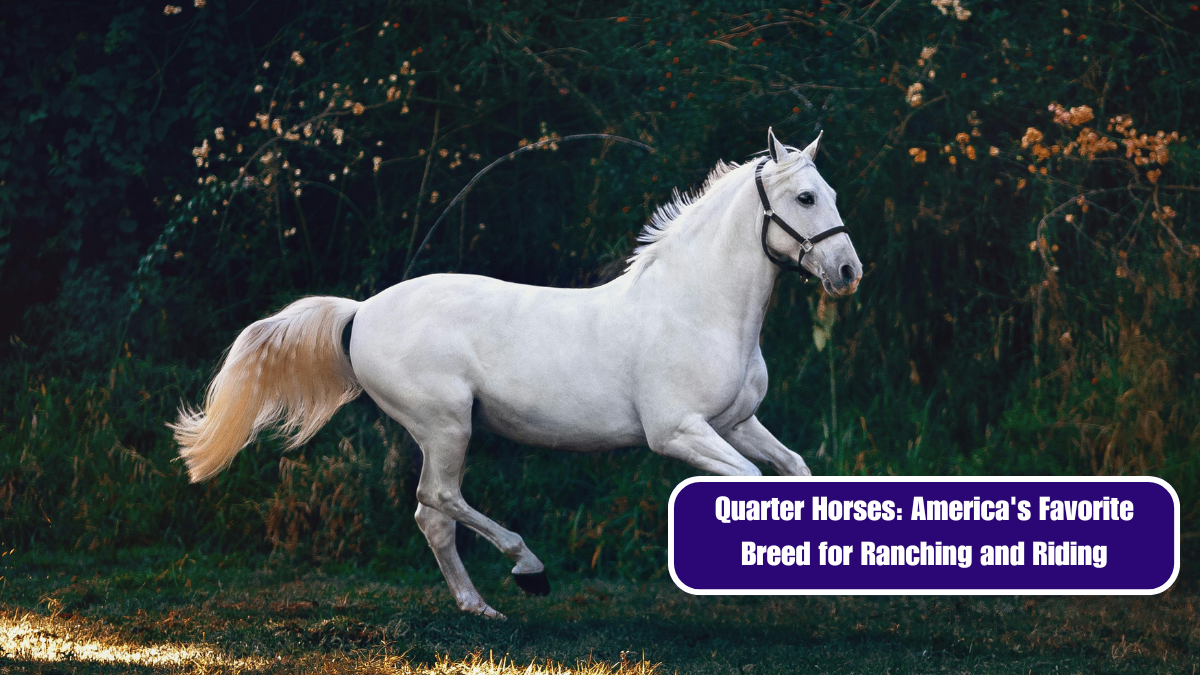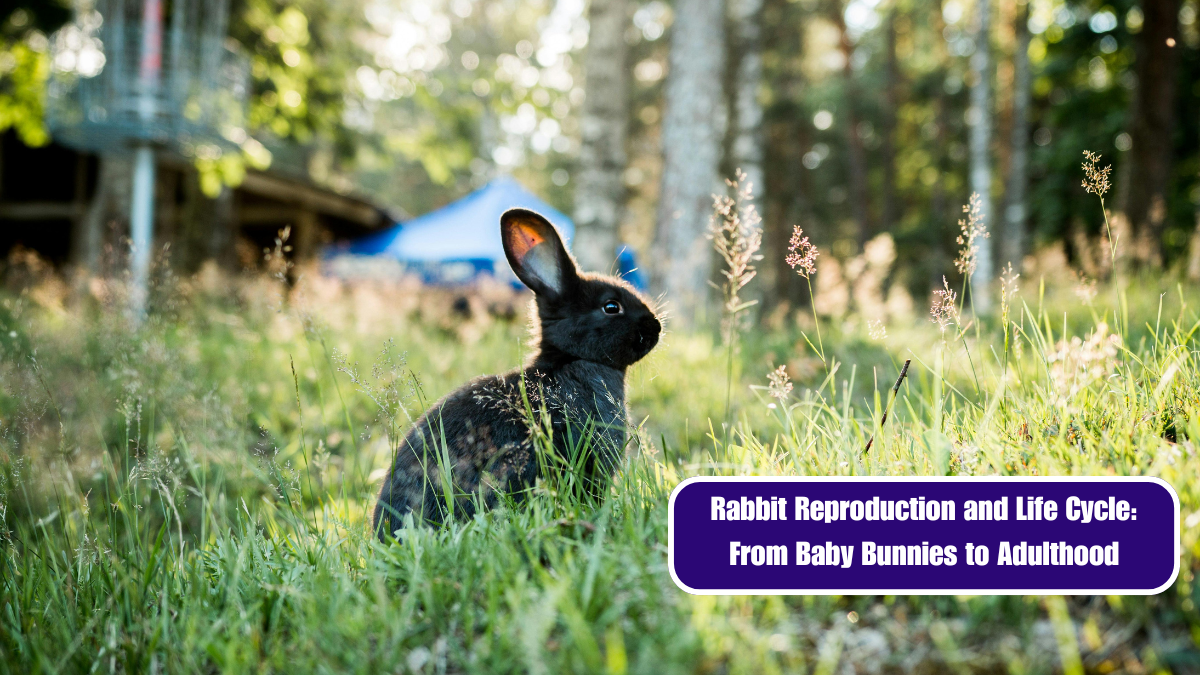The Dachshund, affectionately known as the “sausage dog” or “wiener dog,” is a breed that packs a lot of personality into a small frame. With their long bodies, short legs, and expressive eyes, Dachshunds are instantly recognizable and adored worldwide. Despite their small stature, these dogs are known for their boldness, independence, and surprising agility. This article explores the unique characteristics of the Dachshund, from their origins to their care requirements, and why they continue to charm dog lovers everywhere.
History of the Dachshund
The Dachshund was originally bred in Germany over 300 years ago for hunting badgers. In fact, the name “Dachshund” literally translates to “badger dog” in German. These dogs were designed with a long, low body that allowed them to burrow into tunnels and chase out badgers and other small game. There are three coat varieties of Dachshund: smooth, wire-haired, and long-haired, each of which was developed for different hunting environments.
Over time, Dachshunds transitioned from hunting dogs to beloved companions, but their hunting instincts and bold spirit remain evident today. They are known for their courage, often displaying bravery that far exceeds their size.
Big Personality in a Small Package
Dachshunds are famous for their big personalities. They are curious, adventurous, and often quite stubborn. Despite their small size, they are not afraid to stand up to larger dogs or explore new environments. This breed is also known for being independent, which can sometimes make training a bit of a challenge. Patience and positive reinforcement are key when working with a Dachshund.
Their playful nature and energetic spirit make them excellent companions for families and individuals alike. They are known to form strong bonds with their owners and love to be involved in family activities. However, their independence means they also appreciate a bit of personal space from time to time.
A Watchful and Loyal Companion
Dachshunds are excellent watchdogs, despite their small size. They are naturally alert and have a deep, loud bark that can surprise those unfamiliar with the breed. Their protective instincts mean they are always on the lookout for potential threats, making them reliable guardians of the home. However, this also means they can be a bit vocal, so early training to manage excessive barking is important.
Loyalty is a hallmark of the Dachshund breed. They are incredibly devoted to their families and often form particularly strong bonds with one person. This makes them affectionate companions who will always be by your side, ready to offer comfort and companionship.
Care and Exercise Needs
Dachshunds may be small, but they have plenty of energy to burn. Regular exercise is important to keep them healthy and prevent them from becoming overweight, which can put extra strain on their long backs. Daily walks, playtime, and mental stimulation are essential for keeping a Dachshund happy and balanced.
Due to their unique body structure, Dachshunds are prone to back problems, particularly intervertebral disc disease (IVDD). It’s important to prevent them from jumping off high surfaces and to support their backs when picking them up. Regular vet check-ups are crucial to monitor their health and catch any potential issues early.
When it comes to grooming, Dachshunds are relatively low-maintenance. Smooth-coated Dachshunds require minimal grooming, while long-haired and wire-haired varieties need more attention to keep their coats in good condition.
The Perfect Companion for Many
With their bold personalities, affectionate nature, and loyal disposition, Dachshunds make excellent pets for those seeking a small dog with a big heart. They are equally at home in apartments or larger houses, as long as they receive the love, attention, and care they need. For dog lovers looking for a breed that offers both charm and character, the Dachshund is a delightful choice that never fails to bring joy and companionship.

